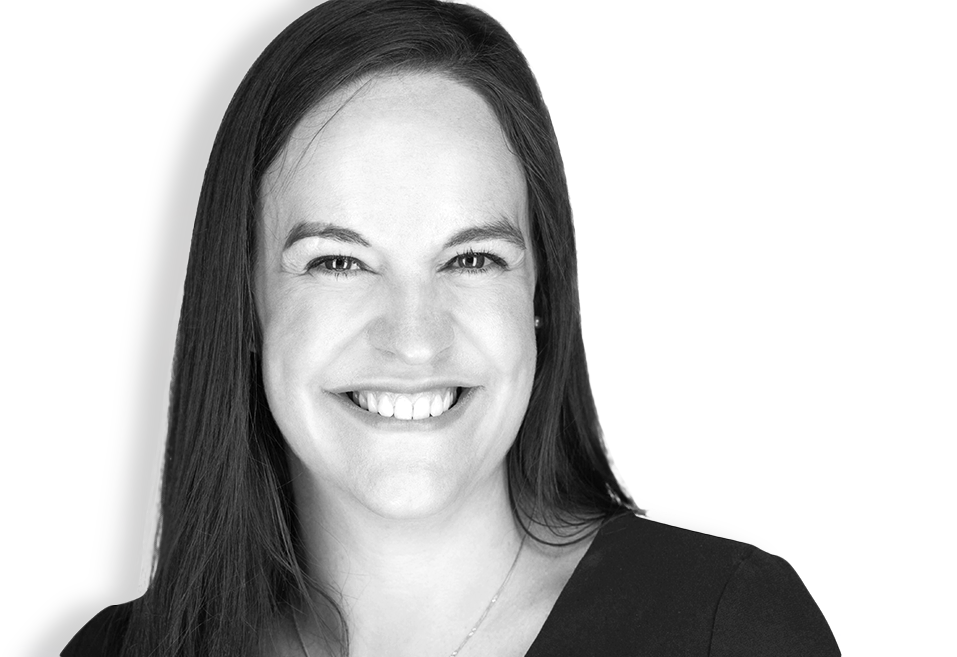Every newly qualified accountant seems to want a “commercial” or “business partnering role” as their first step from practice. The catch is that only about 5% of roles for newly qualified accountants out there are purely commercial ….and wow are those hard to get straight out of contract! In Barden Career Model (BCM) terms, they’re far environment.
But we get it; you’ve just qualified you want to do something different, something commercial and something where you make decisions. That makes sense.
You can get it; if you think a little bit differently; just like we do here in Barden.
The BCM points to the continuum of activity from Financial Accounting to Financial Analysis. Purely commercial roles sit on the very far end of this spectrum influencing how a company makes and spends money. To get at these roles it’s probably a good idea to get some time to understand how the business works, how the business makes money and the nature of the various stakeholders in the business. Without knowledge and experience in these things your opinion will carry little weight, your ability to influence will be negligible and you’ll lose credibility; fast. Wise people run before they can walk. You should too.
The good news is that you can walk and get to partner with the business and get involved in decision making…all without having to dive straight into a “commercial” role. How? Here’s a couple of things that might help set the record straight:
- Financial Accounting (in the BCM) means may different things. What it is typically not however is audit or pure technical accounting – make sure you put those two things in a different bucket.
- Getting some time putting together a P&L and analysing it is priceless if you want to learn how a business makes and spends money. The work is dramatically different to audit and can actually be a breath of fresh air for many.
- In financial accounting you get to partner with the business – business leaders live and die by their P&L and ultimately you will be partnering with them to deliver the results of their business….as close to the definition of business partner as you can get.
- In financial accounting you might not get to make decisions about the business directly, but you’ll have plenty of chances to make decisions about the “business of finance” in business. New reporting format/visuals, new processes, new systems and much, much, more are all ways in which you can get directly involved in making decisions for finance in the business.
Smart accountants don’t get caught up in buzz words but look beyond job title to the context of the role. Smart accountants look at their career in a structured way and earn the right to an opinion in a business before giving one. Smart accountants use the BCM to guide decisions about their future.
Smart accountants talk to Barden before they start looking for a job.


 Jump Back
Jump Back

